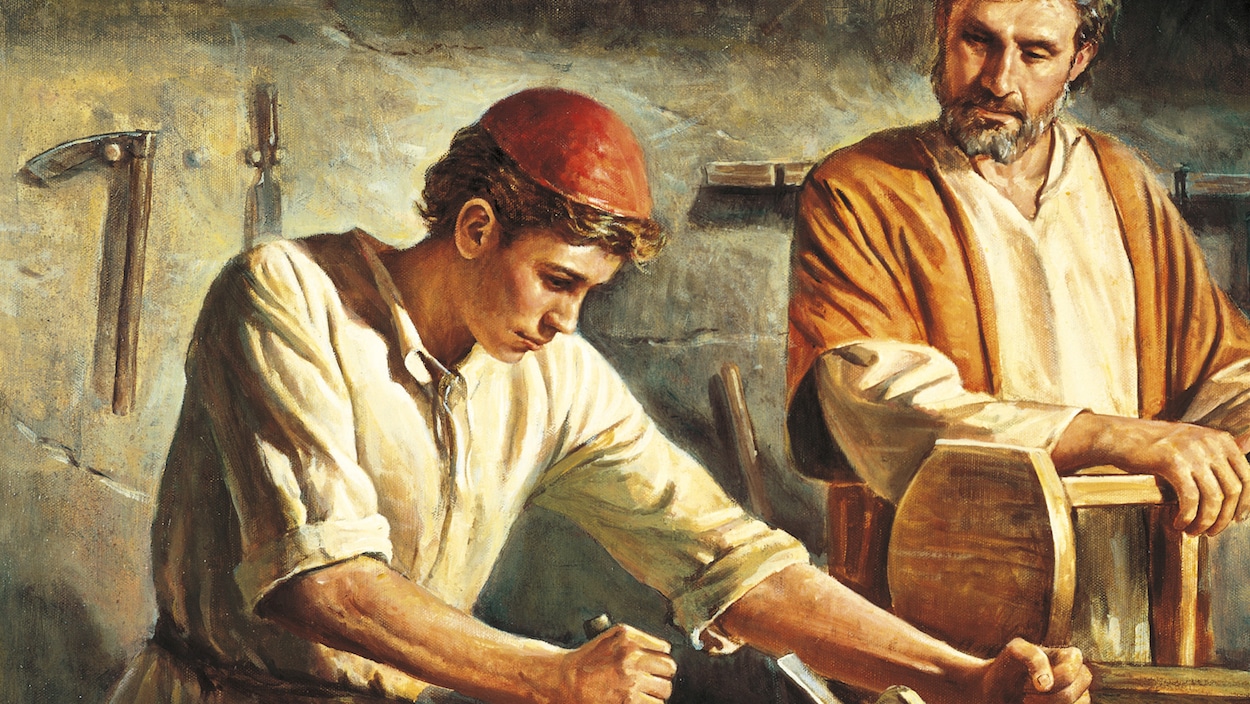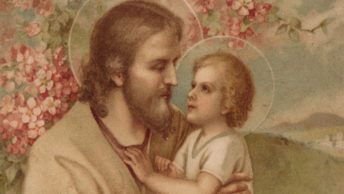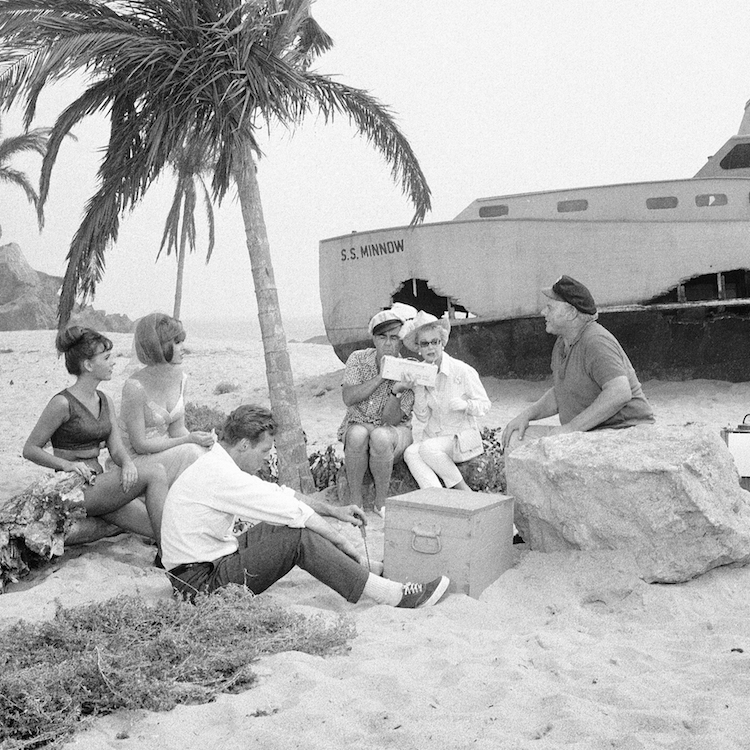Over the years the pastor of a remote parish befriended a parishioner who had made himself rather wealthy through ingenuity and hard work. The Pastor caught him after Mass one Sunday and said: “Joe, I got the impression that, lately, you stopped giving to the church. Is there a problem?”
“Yeah, Father, I got a problem. When I first started out, working long hours, I made $50 a week and, promptly, I gave God $5. Later on I made $500 a week and, promptly, I would place a crisp $50 bill in the collection basket. Now I make $5,000 a week, but how could I possibly put five $100 bills in the collection? Do you see my problem? Can you do something about it?”
“I sure can, Joe. I could pray to God to help you with your problem. Remember, though, that God tends to listen to my prayers.”
“Go ahead Father, pray to God. It could not hurt!”
“OK, here we go. Let us pray: Heavenly Father, as you know Joe here used to give $5 a week when he made just $50 a week. When he was making $500 a week, he gave $50 a week. Now that he makes $5,000 a week he cannot part with $500 a week to give to you and to your church. Please Lord, we beseech you, make him go back to the time when he was making $500 a week so that he may help your church again. This we ask through…”
“Hold it Father, hold it right there. Here is the first $500 for this week.”
Not too many like to part with their hard-earned money. This Jesus knows all too well. But this might give more forcefulness to the point he is making with these familiar parables from the Gospel of Matthew (13:44-52). To really understand the spiritual wealth, the impact, the significance of what Jesus wants to tell us, we should take all three short parables together so as to grasp more fully the mystery of God’s Kingdom: God’s rule over our hearts.
The treasure upon which a poor man stumbles by chance, underscores the poverty of our human resources, our confusion, our restlessness, our modest efforts and even more our meager results before we find the infinite richness of God’s rule. To feel better, some people rely on money, success, recognition, clout, sports, politics, even transcendental meditation, nature worshipping, and other weird fads, all with mixed results at best. But, Jesus assures us that it is only when we stumble upon God’s Kingdom that we should feel so rapt by its beauty and richness that we would be ready “to sell” everything. We would make the ultimate sacrifice of any other source of contentment in order to enjoy God’s rule over our hearts. But there is a huge catch: for this to happen, we must become detached from everything else we rely on. For most it is the mother of all risks they can take. Yet, without taking that risk there is no way we can enjoy God’s rule over us.
The second parable instead describes God’s passion. Here God, depicted as a merchant, is not stumbling at random upon something precious, but He sets out with a deliberate plan to get hold of the finest pearls in the world. Jesus stresses the comforting fact that the Father is always looking for us. We are the precious pearls He seeks because the tag of the infinite value of the blood of His only Son Jesus is attached to each one of us. So, while we go through life with a general sense of direction; while we might be church-goers, God-fearing people, Catholics in good standing, only those of us are truly blessed to discover God’s Kingdom who are already, beforehand, searching for it and firmly set on sacrificing everything they own to possess it. As we stumble upon the Kingdom and we find in ourselves enough resolve “to sell” everything in order to get this awesome treasure; as we let God find us, eventually, we get caught in the gigantic dragnet of life and we will have to prove to be “good fish” with real value, not waste to be thrown out.
Jesus warns us that, if we are not determined to do our very best to prove to be “good fish” we run the risk of being thrown out once the final selection is made at the moment of our death.
The discovery of the Kingdom should set in motion genuine efforts to get busy, to build our house on rock rather than on sand, to make courageous decisions, to sacrifice assets to which the world assigns a lot of value, to get involved, to put our life on the line. We ought to part with any reliance on what we worked very hard to get if it proves not to be consistent with Gospel values. And that is not easy for the simple fact that it is exactly what most people do because they cannot embrace the paradoxes of the Gospel.
Yet, unless we dare to be different, to be Gospel-inspired, we might be thrown out at the end.
But what about those who have already been found by God? What about those who had stumbled upon the treasure of the Kingdom in the past? Are they a success story by now? Not necessarily. Suppose we have already shed all human earthly security; suppose we already chose to serve; to obey, to love God, to accept His divine rule, what then? We can grow bored with the treasure in our possession; we can feel indifferent about being precious pearls.
In that case, the most supernatural experiences like the Eucharist, our prayer life, God’s presence, God’s care, as well as Christian fellowship and stewardship can, little by little, stop being super-extraordinary and turn out to be ordinary, dull, flat, unable to excite us anymore.
Most of us feel that we have stumbled upon the Kingdom, and that God has found us. Yet, we realize that there is a real danger that we might lose our enthusiasm, the freshness of the discovery, the beauty of loving and serving our God and each other. For this reason, in order to be found good and valuable at the end, when the selection will be made, we beg our Lord to make us live this and every other Eucharist in a renewed, special way. We beg Him to surprise us at opportune times with His heavenly gifts to rekindle the fire in our hearts and to bless us always, especially during the hardest times of our life with the comfort and the light of His presence.








